Comprehensive Guide to Schemes for Farmers in India
Key Schemes for Farmers in India: Objectives, Benefits, and Eligibility Criteria
Farming in India has always been the backbone of the country’s economy, supporting millions of livelihoods. Over the years, the Indian government has introduced numerous schemes for farmers in India aimed at improving agriculture practices, supporting farmer incomes, and ensuring sustainable growth in this sector. Here, we’ll dive into some key schemes available for farmers in India, detailing their objectives, benefits, and eligibility criteria.
1.Pradhan Mantri Krishi Sinchai Yojana (PMKSY)
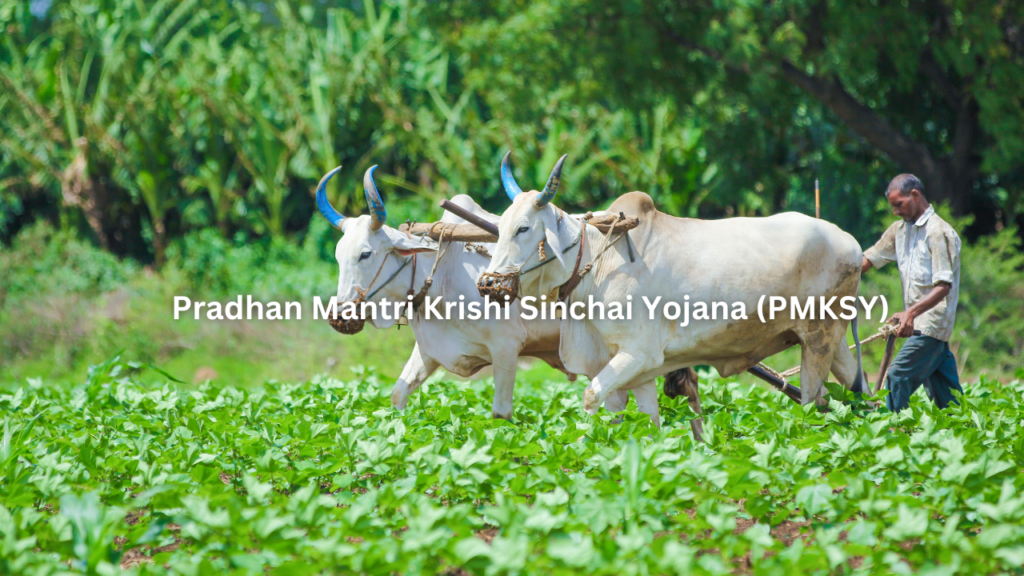
Objective: To expand irrigation coverage and improve water use efficiency. The scheme promotes practices like rainwater harvesting and micro-irrigation systems.
Benefits: Increased crop productivity, water conservation, and reduced dependency on rainfall.
Eligibility: All farmers, with a special focus on small and marginal farmers in water-stressed regions
2.Sub-Mission on Agriculture Mechanization (SMAM)
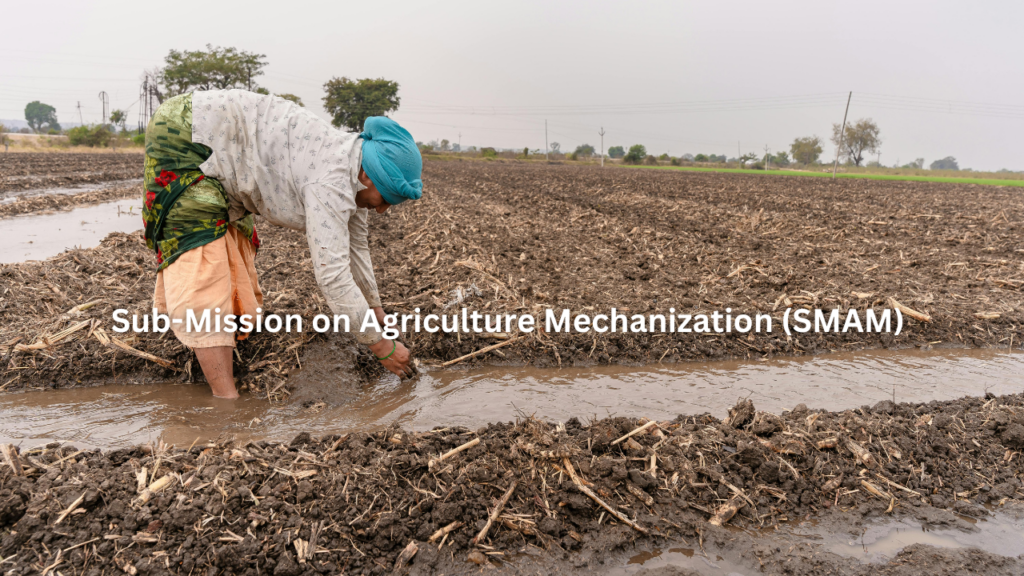
Objective: To promote agricultural mechanization and help farmers access modern equipment.
Benefits: Increased efficiency, reduced labour costs, and improved crop yields.
Eligibility: Farmers, especially those with small and marginal land holdings, are prioritized.
3.Prime Minister Kisan (Pradhan Mantri Kisan Samman Nidhi)

Objective: The goal is to ensure small and marginal farmers have financial security by giving them direct income support.
Benefits: 6,000 per year, paid in three instalments to farmers’ bank accounts.
Eligibility: Small and marginal farmers with up to two hectares of land are qualified.
4.Sustainable Agriculture
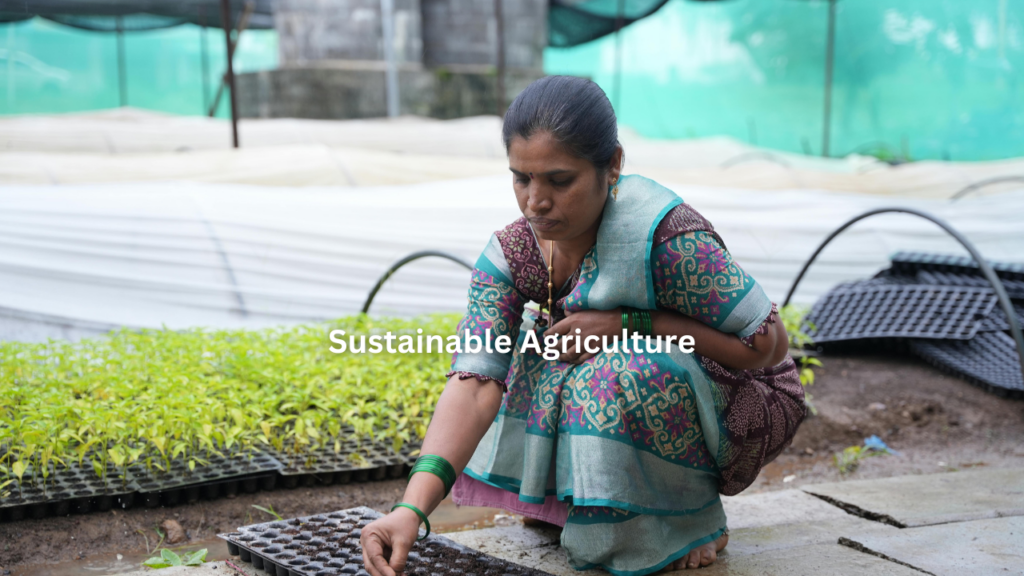
Objective: Encourages environmentally friendly farming practices, such as organic farming and crop rotation.
Benefits include increased crop resilience, long-term productivity, and soil conservation.
Eligibility: Farmers interested in sustainable farming methods.
5.e-NAM (National Agriculture Market)
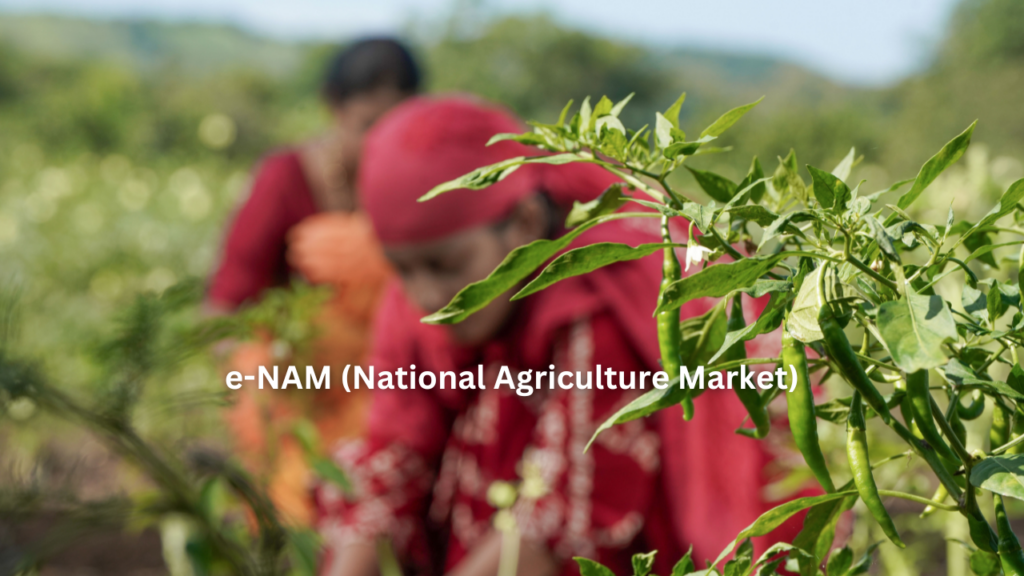
Objective: To create a unified national market for agricultural produce through online trading.
Benefits: Fair prices, reduced middlemen, and greater transparency in transactions.
Eligibility: All farmers and traders registered on the e-NAM platform.
6.National Beekeeping and Honey Mission (NBHM)

Objective: Promotes beekeeping as an allied activity for farmers to enhance income through honey and other bee products.
Benefits: Increased crop productivity through pollination and additional income from honey and wax.
Eligibility: Farmers, beekeepers, and other stakeholders in the honey production chain.
7.Department of Agriculture Schemes
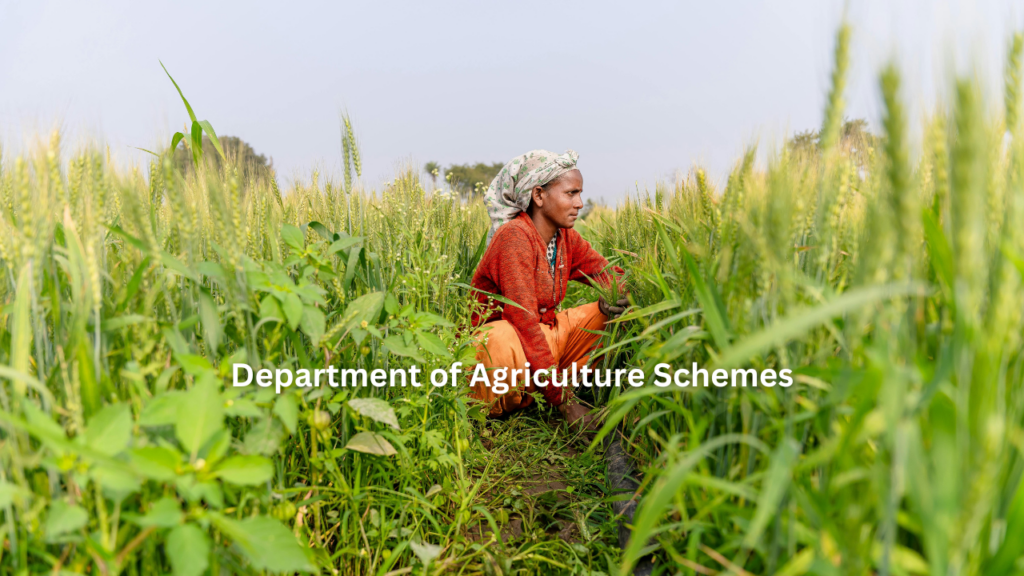
Objective: Multiple schemes by the Agriculture Department to support farmer welfare, subsidies, and improved practices.
Benefits: Crop insurance, financial support, and access to new technologies.
Eligibility: Varies based on specific schemes within the department.
8.National Mission on Natural Farming
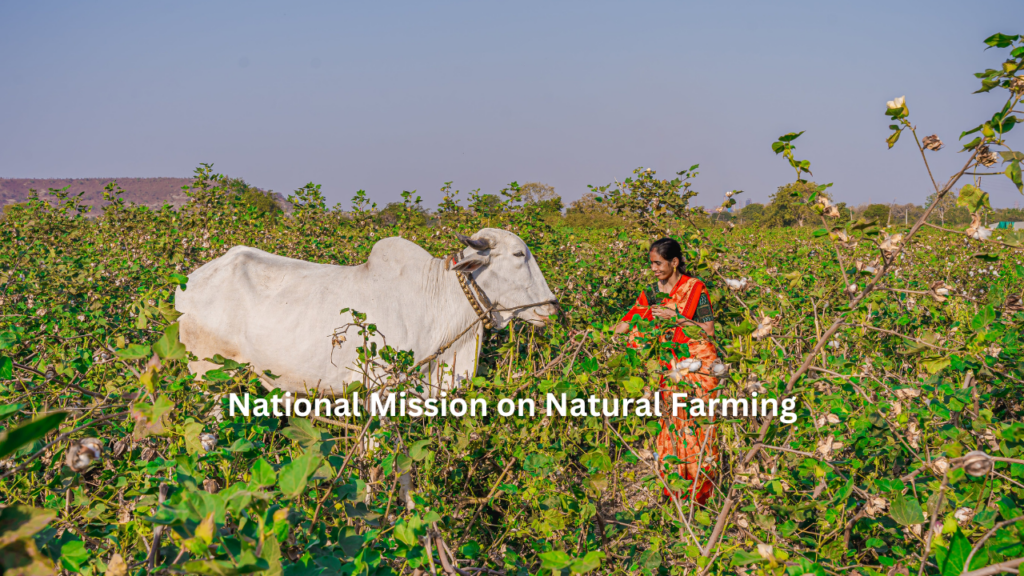
Objective: Encourages natural farming techniques without synthetic inputs, preserving soil health and biodiversity.
Benefits: Healthier soil, reduced input costs, and higher resilience against climate variations.
Eligibility: Open to all farmers interested in sustainable farming.
9.Paramparagat Krishi Vikas Yojana (PKVY)

Objective: Supports organic farming through traditional methods, ensuring high-quality organic produce.
Benefits: Healthier soil and increased income from premium organic products.
Eligibility: Farmers’ groups, FPOs, and individual farmers opting for organic practices.
10.Soil Health Card Scheme
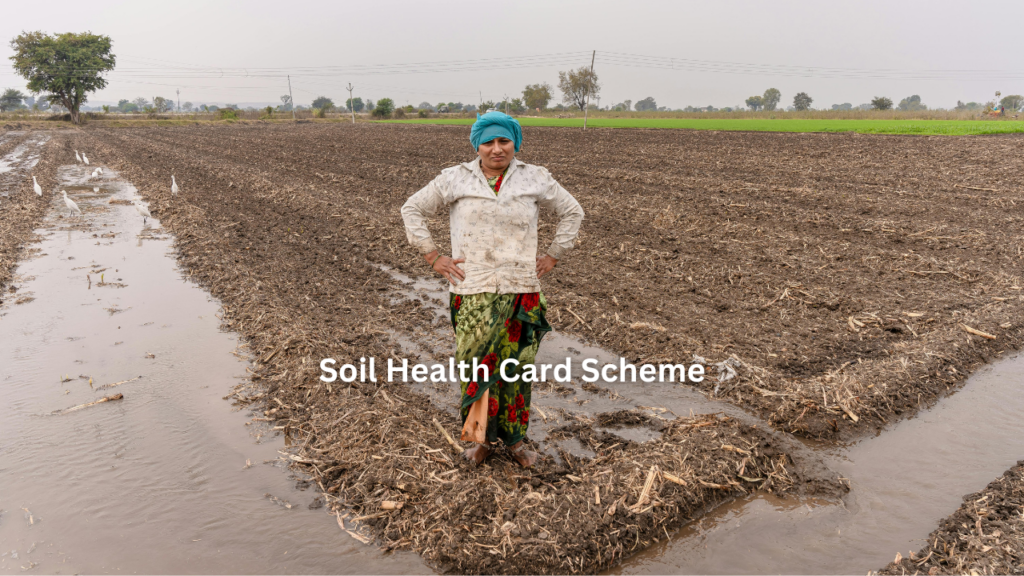
Objective: To promote soil testing and distribute soil health cards to monitor nutrients and optimize crop production.
Benefits: Improved crop yield and better soil management.
Eligibility: All farmers are eligible to receive soil health cards.
11.Agriculture Infrastructure Fund
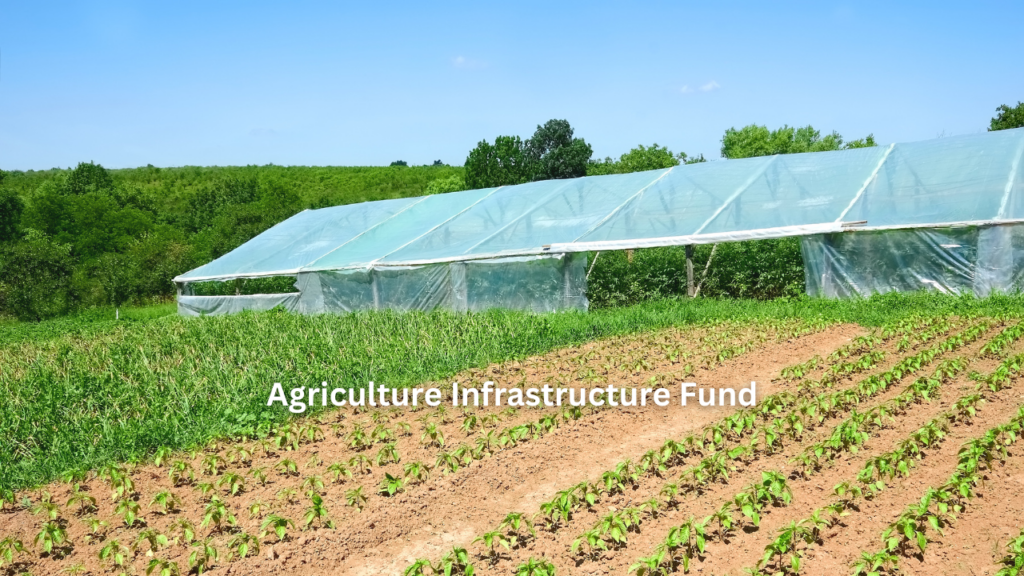
Objective: Offers medium- to long-term funding for post-harvest management infrastructure projects.
Benefits: Warehouses, supply chain infrastructure, and cold storage are advantages.
Eligibility: Farmers, farmer groups, FPOs, and cooperative societies.
12.Digital Agriculture Mission

Objective: Promotes the use of digital technologies like drones, AI, and blockchain to improve agriculture.
Benefits: Precision farming, reduced waste, and data-driven decisions.
Eligibility: All farmers and stakeholders in agriculture.
13.Integrated Scheme for Agriculture Marketing (ISAM)
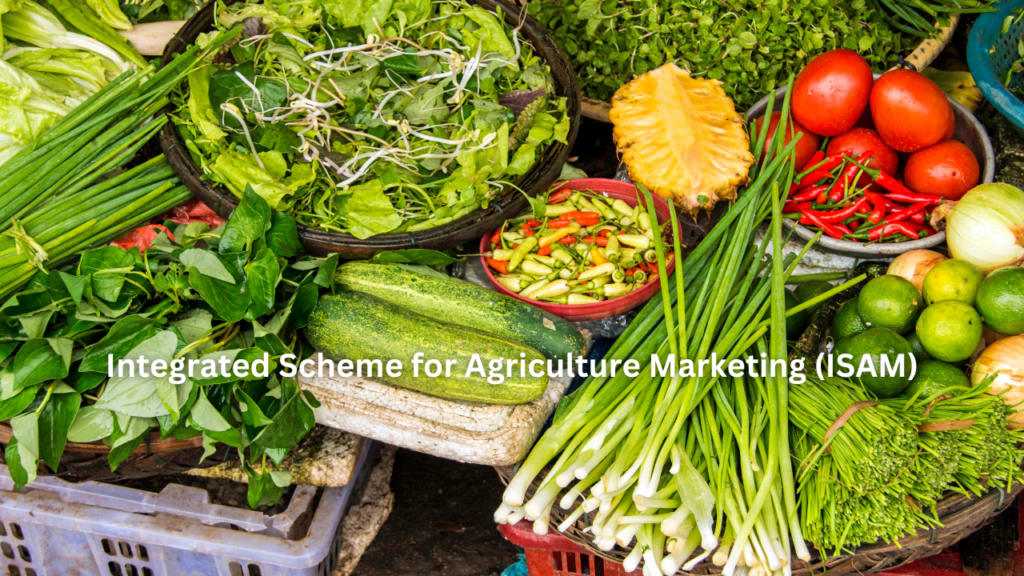
Objective: Enhances marketing efficiency and ensures fair prices for agricultural products.
Benefits: increased revenue, decreased waste, and direct market access.
Eligibility: Farmers, especially those producing perishable items.
14.Per Drop More Crop

Objective: Promotes micro-irrigation practices like drip and sprinkler irrigation for efficient water use.
Benefits: Increased water use efficiency, better crop yields, and lower water consumption.
Eligibility: All farmers with water-scarce lands.
15.Interest Subvention Scheme

Objective: Provide interest subsidy on loans to ease farmers’ financial burdens.
Benefits: Reduced loan interest rates for farmers.
Eligibility: Farmers applying for short-term crop loans.
16.Soil Health Management (SHM)

Objective: Aim to manage soil health by monitoring nutrients and promoting organic inputs.
Benefits: Improved soil fertility and crop productivity.
Eligibility: All farmers.
17.Pradhan Mantri Fasal Bima Yojana (PMFBY)
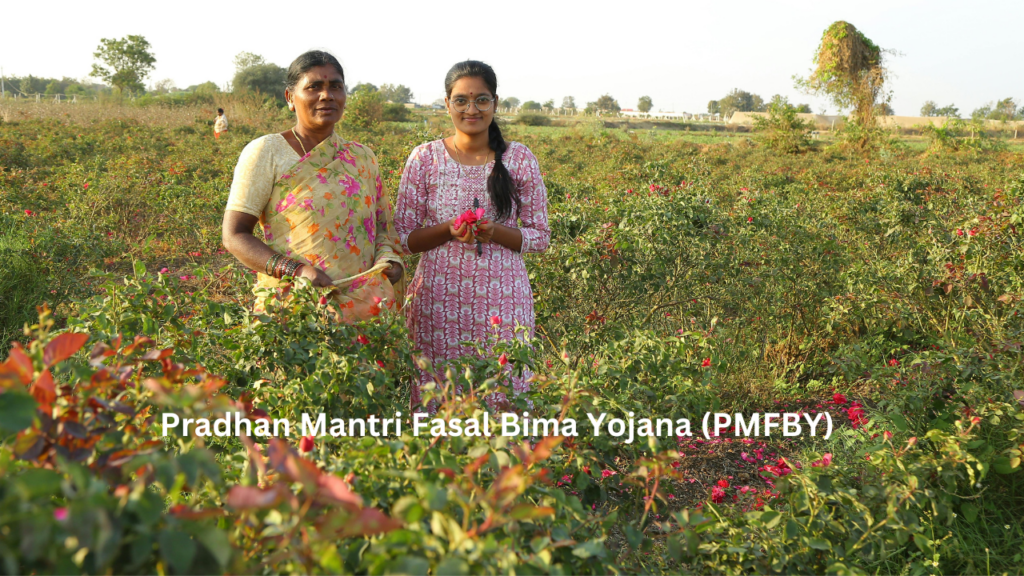
Objective: Provides crop insurance against natural disasters, pests, and diseases.
Benefits: Financial protection in case of crop loss and risk mitigation.
Eligibility: All farmers enrolled in the scheme.
18.National Mission on Edible Oils

Objective: Supports the cultivation of oilseed crops to reduce import dependency on edible oils.
Benefits: Enhanced oil production and income for oilseed farmers.
Eligibility: Farmers interested in oilseed cultivation.
19.Rainfed Area Development Programme

Objective: Promotes sustainable farming practices in rainfed areas to improve productivity.
Benefits: Increased income and reduced dependency on rain.
Eligibility: Farmers in rainfed regions.
20.Mission for Integrated Development of Horticulture

Objective: Promotes horticultural practices for crop diversification and higher income.
Benefits: Increased income from high-value crops like fruits and flowers.
Eligibility: Farmers interested in horticultural crops.
21.Micro Irrigation Fund Scheme

Objective: Supports the expansion of micro-irrigation to increase water use efficiency.
Benefits: Better water management, higher yields, and cost savings.
Eligibility: All farmers are eligible for micro-irrigation support.
22.Crop Insurance

Objective: Provide financial protection to farmers in the event of crop loss due to natural events.
Benefits: Security against unpredictable losses.
Eligibility: All farmers who apply for crop insurance.
23.National e-Governance Plan in Agriculture (NeGP-A)

Objective: Bring digital solutions to agriculture through online platforms, mobile apps, and helplines.
Benefits: Greater access to market information, crop data, and weather forecasts.
Eligibility: All farmers and agricultural stakeholders.
24.Agricultural Credit

Objective: Provide affordable credit to farmers for various agricultural activities.
Benefits: Enables farmers to invest in better inputs, equipment, and crop care.
Eligibility: All farmers are eligible for agricultural credit.
Conclusion
These schemes for farmers in India are designed to support Indian farmers by providing financial assistance, better resources, and advanced technologies. By participating in these schemes, farmers can improve productivity, ensure stability, and adapt to sustainable practices that contribute to long-term agricultural growth.
We offer comprehensive farm management solutions customized to meet the needs of farmers, including land development, plantation services, and farmhouse management. Our services focus on sustainable practices and long-term growth. Discover more about our offerings on our homepage.


